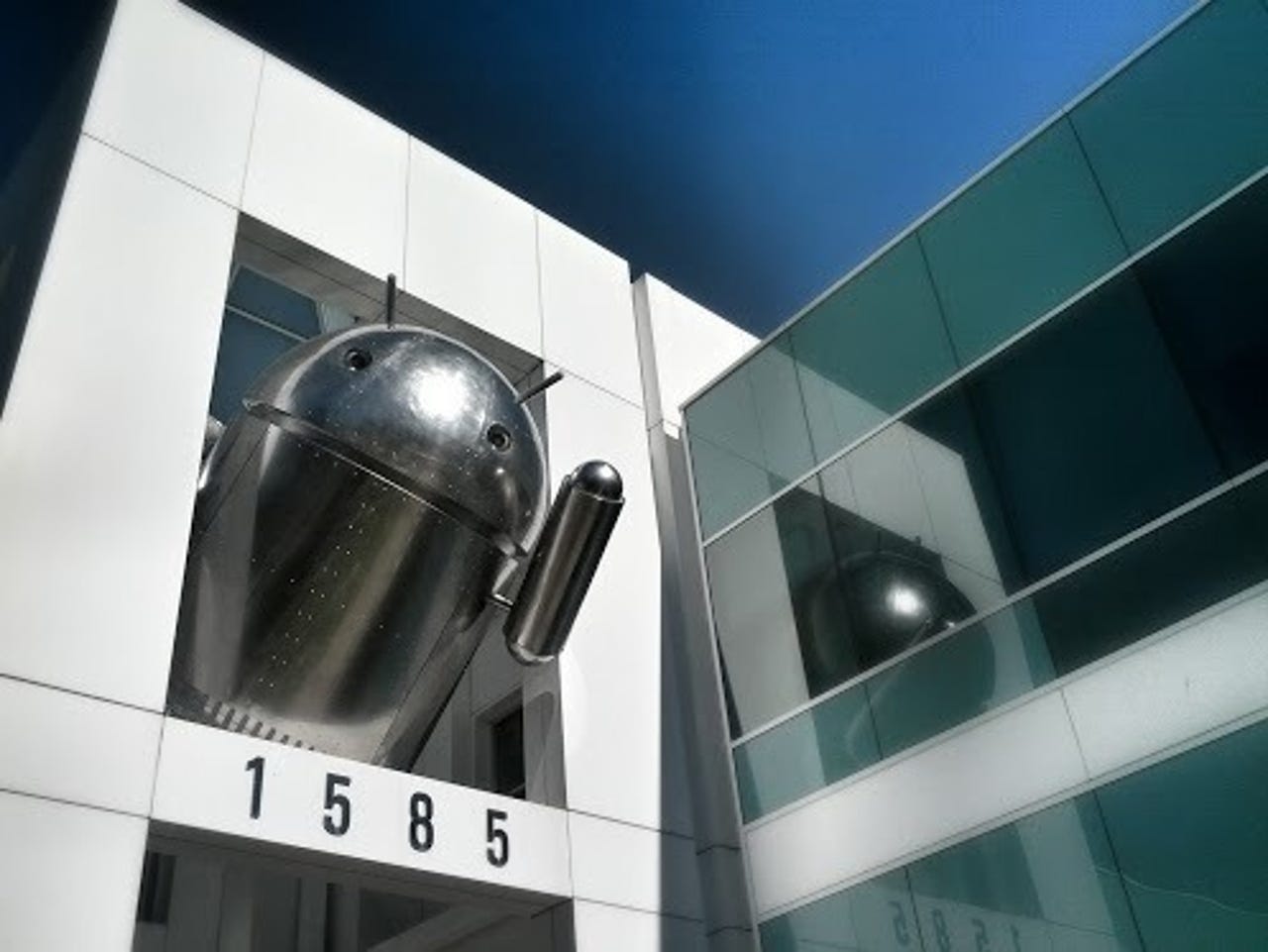Google beats back Oracle again in Java Android case

Oracle doesn't know when to quit. After Google beat Oracle yet again this past May, Oracle, of course, appealed. And, of course, they lost again.

Oracle tried, and failed, to get a new Java copyright trial on the grounds that Google was adding Android functionality to Chrome OS.
To recap, Oracle claimed the 37 Java application programming interface (API) packages Google used to develop Android are covered by copyright. Of course, that's not really the issue. True, the the US Federal Circuit Court of Appeals foolishly ruled that APIs could be copyrighted. But the US District Court for the Northern District of California ruled in May 2016 that Google's use of the Java APIs were not subject to copyright licensing fees. Instead, Android's use of the APIs was covered by "fair use."
Smartphones
In this latest go-around, Oracle argued it should get a new trial because Google concealed its plans to integrate Android apps with desktops and laptops using Chrome OS. Oracle claimed Google had "stonewalled and had completely concealed the ARC++ project."
ARC++, Android Runtime for Chrome (ARC), is Google's software for running Android applications on Chrome OS. This is a precursor to Andromeda, Google's hybrid Android/Chrome OS. Google has been working on the marriage of its Linux operating systems for over a year. In June 2016, Google made it possible to run Android apps on a handful of Chromebooks.
District Judge William Alsup of the US District Court for the Northern District of California didn't buy Oracle's claim. Alsup, a programmer in his own right, denied Oracle's request for a new trial.
Alsup wrote that Google had produced at least nine documents discussing the goals and technical details of ARC++ in 2015, at least five months before trial. He added that "Oracle's failure to review the ARC++ documents is its own fault."
In any case, Alsup added, ARC++ evidence would have been irrelevant for the May trial since any evidence about Android on devices other than smartphones and tablets fell outside the case's scope.
Alsup wrote, "It may well be true that the use of the copyrighted APIs in ARC++ (or any other later use) will not qualify as a fair use, but that will not and does not mean that Google's argument on transformative use as to the original uses on trial (smartphones and tablets) was improper."
This isn't the end of course. Like I said, Oracle doesn't know the meaning of the word quit.
Oracle maintains that "Google developed Android by illegally copying core Java technology to rush into the mobile device market," according to Oracle general counsel Dorian Daley. "Oracle brought this lawsuit to put a stop to Google's illegal behavior. We believe there are numerous grounds for appeal and we plan to bring this case back to the Federal Circuit on appeal."
Related Stories: